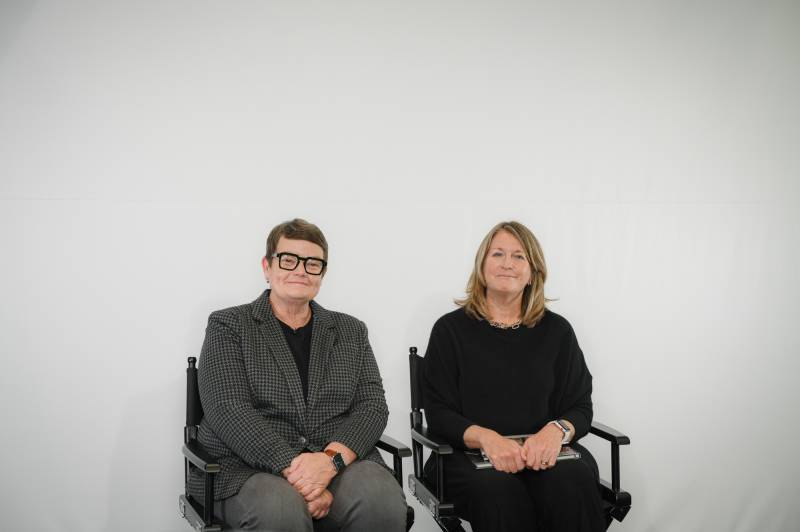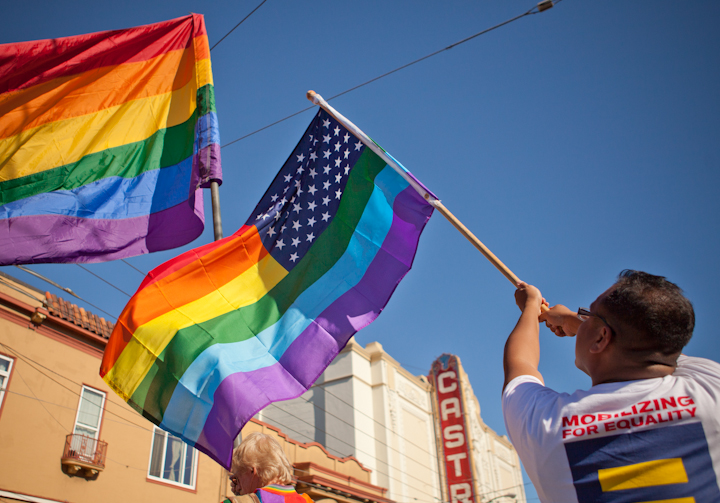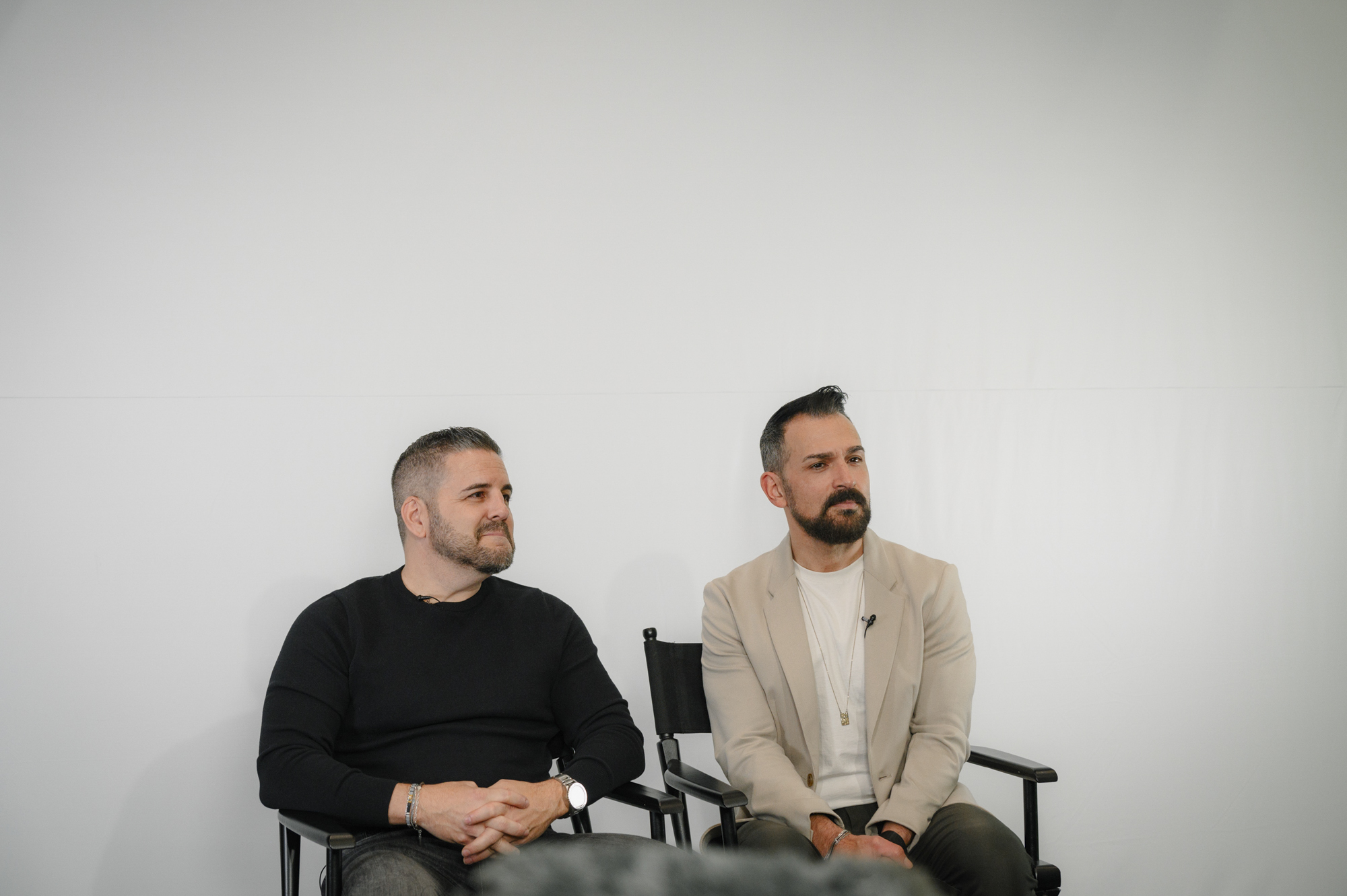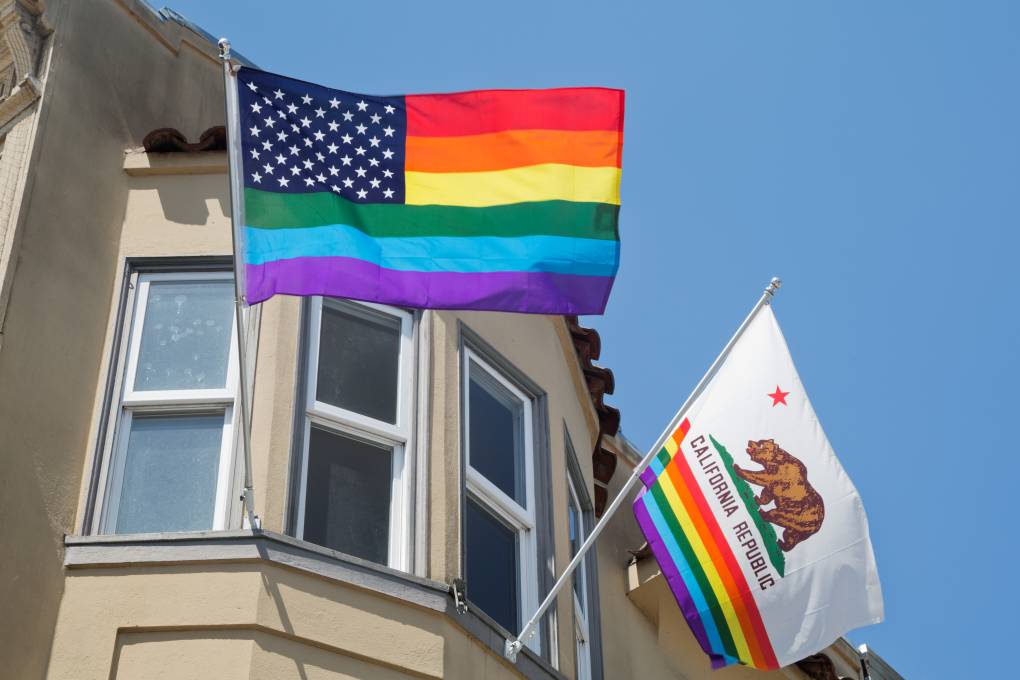These are some of the ideas promoted by Louisiana Rep. Mike Johnson, the man Republicans unanimously elected speaker of the House of Representatives on Oct. 25, a position second-in-line for the presidency after the vice president:
Marriage between two men or two women is not what God intended, and only traditional heterosexual marriage can lead to real happiness.
Homosexuality is a lifestyle choice, not an immutable characteristic.
Children are harmed by not having one mother and one father.
States should be allowed to criminalize consensual sex between two men as a way to slow the spread of sexually transmitted diseases.
“Experts project that homosexual marriage is the dark harbinger of chaos and sexual anarchy,” Johnson wrote in 2004 in an opinion article in The Times of Shreveport, Louisiana.
Asked recently by Fox News for his views on homosexuality, Johnson said simply, “Go pick up a Bible. That’s what I believe and so I make no apologies for it.”
“That’s why we call him MAGA Mike,” said openly gay Congressman Robert Garcia (D-Long Beach). “He is literally one of the most extreme voices in his party as it relates to LGBTQ rights. And so his record is really troubling.”
Many of the ideas espoused by Johnson also served as the ideological basis of Proposition 8, the 2008 ballot measure that banned same-sex marriage in California until it was struck down in 2010.
Such constitutional amendments, Johnson said, “are the people’s only way to prevent same-sex marriage as demanded by activist courts.”
The rise of Johnson to the speakership coincides with renewed ultraconservative activism under the guise of keeping public policy from getting in between parents and their children.
At school board meetings, city councils and state legislatures around the country — including in the Bay Area — conservative activists led by organizations such as Moms for Liberty are using “parental rights” as a cry to stir up anger against policies supporting transgender youth and their families.



